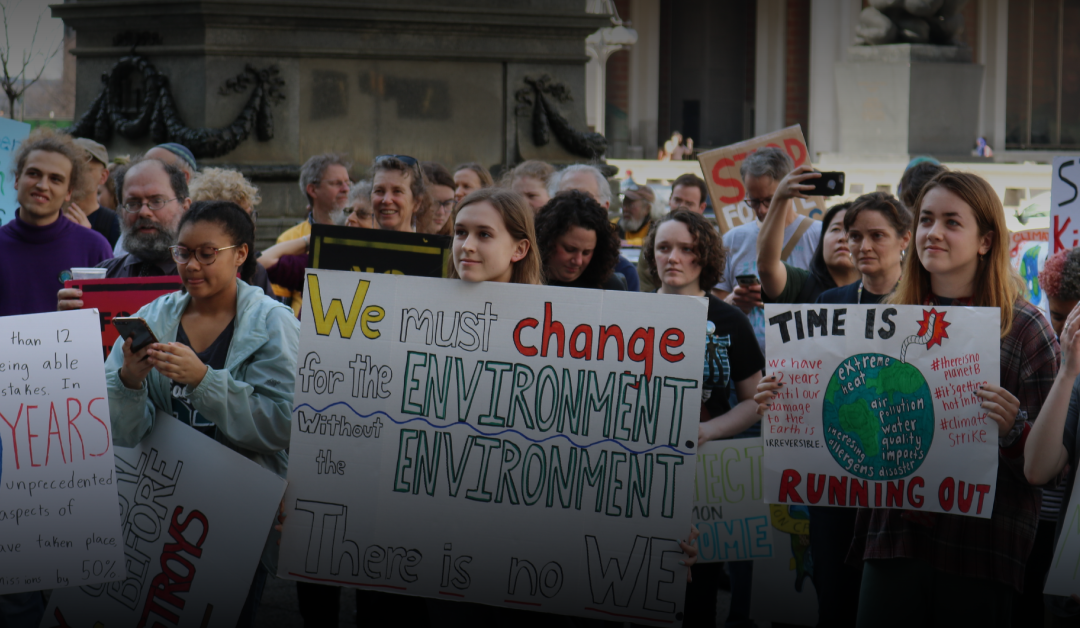
New Climate Simulations Shock Science World
If the planet warmed by about 3° Celsius it would be disastrous with floods, farming breakdowns, killer heat.
2019 scientists noticed some of the climate simulation models started running very hot with some projections rising in excess of 5°C. The scientists running the simulations couldn’t agree on what was causing it or if they should be trusted but the they are working with real data so we can form our own judgements on this story.
Andrew Gettelman, a senior scientist at the National Center for Atmospheric Research in Boulder, Colorado, which builds a high-profile climate model, spoke of confusion within the group of scientists as they compared results from their individual tests.
“The question is whether they’ve overshot,” said Mark Zelinka, staff scientist at Lawrence Livermore National Laboratory.
Researchers are starting to put together answers on the recent Australian bush fires, a task that will take months maybe longer, and there’s not yet agreement on how to interpret the rising temperatures. The concern is these models have successfully projected global warming for a half century.
The simulations continue to frame all major scientific, policy and private-sector climate goals and debates, including the sixth encyclopedic assessment by the UN’s Intergovernmental Panel on Climate Change due out next year. If the same amount of climate pollution will bring faster warming than formerly assessed, humanity has less time to until the worst climate crisis activity starts manifesting on Earth.
The model run by NCAR, one of American’s foremost climate-science institutions, began producing unusual data in 2019 while trying to reproduce the recent past. “We got some really strange results,” Gettelman said.
The scientists went on to try 300 configurations of rain, pollution, and heat flows—something they can do as gods of their own digital earth—before matching the model to history. But by solving that puzzle, Gettelman’s team sent future projections upward at an unheard-of rate. NCAR found that CO₂ doubling would lead to 5.3°C world, a 33% jump from the model’s past reading on global warming.
Soon there were multiple teams at other institutions putting out new climate-sensitivity numbers that looked like worst-case scenarios on steroids. The Met Office Hadley Center, the U.K.’s main research group, found a doubling of CO₂ would deliver 5.5°C warming. A team at the U.S. Department of Energy ended up with 5.3°C, and the Canadian model topped out at 5.6°C. France’s National Center for Meteorological Research saw its estimate jump to 4.9°C from 3.3°C.


